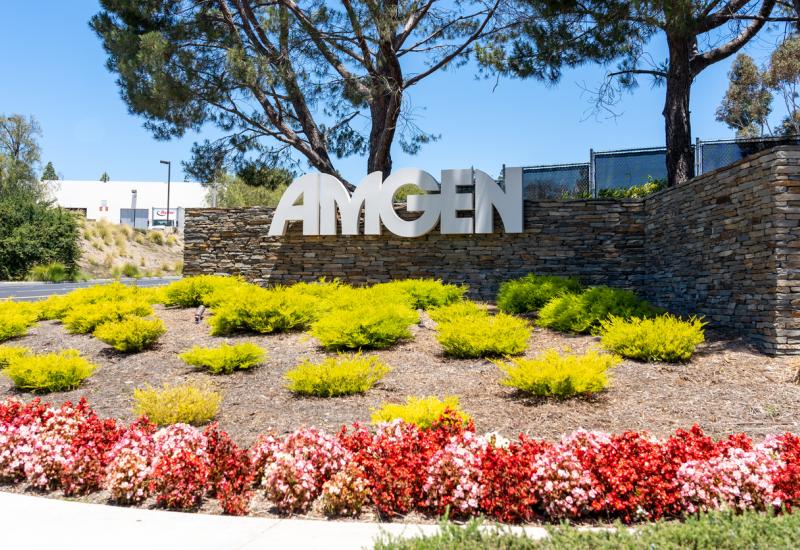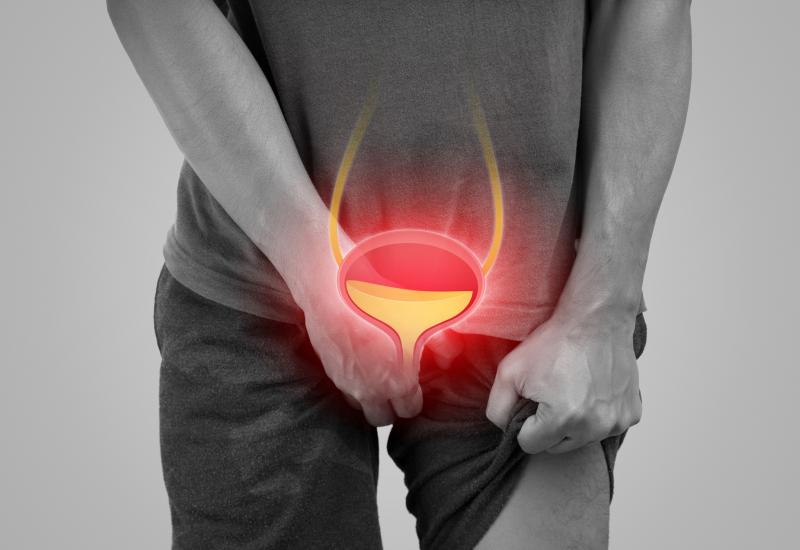
Roche sets up a breast cancer déjà vu
Like Orserdu, giredestrant works in all-comers in an ESR1m-enriched trial.
Like Orserdu, giredestrant works in all-comers in an ESR1m-enriched trial.

Roche should congratulate itself for having designed the Evera study of the oral SERD giredestrant in a way to ensure its positive result in all-comers, irrespective of ESR1 mutation status.
Evera, a trial in pretreated ER-positive HER2-negative breast cancer, was on Monday toplined positive for PFS in the intent-to-treat as well as ESR1-mutant populations, its co-primary endpoints. But whether regulatory agencies reward this with an all-comers label is more doubtful, and will depend on how giredestrant did in patients with ESR1 wild-type disease, something as yet not disclosed.
Notably, Evera had been enriched for breast cancer with ESR1 mutation, which judging by other oral SERD trials is essential for activity to be seen in the relapsed setting.
Since all Roche is saying for now is that both co-primary analyses yielded a positive result, if enough ESR1-positive patients were enrolled it's entirely possible for this ESR1-mutant population to have driven an all-comers benefit that, while smaller than that for ESR1-mutant disease, is still positive in statistical terms.
This is precisely what happened in the Emerald study of Menarini's Orserdu. That trial had also been enriched for ESR1-mutant disease, and while this strategy drove an all-comers benefit the FDA refused to grant an all-comers label, limiting Orserdu's approval to ESR1-mutated breast cancer.
It could be déjà vu for giredestrant. True, other oral SERDs have been even less fortunate, with Lilly's imlunestrant and Arvinas/Pfizer's vepdegestrant both showing PFS benefits in ESR1m breast cancer without even the claim of a signal in all-comers; neither of the latter's trials, Ember-3 and Veritac-2, was enriched for ESR1m, however.
Enriching
It's evident that Roche had learned from giredestrant's phase 2 Acelera trial, which was revealed as a failure, but which apparently showed a signal of activity in ESR1-mutant disease.
The settings aren't identical, as Acelera concerned giredestrant monotherapy, while Evera combined giredestrant with everolimus, and tested this specifically in patients who had failed CDK4/6 inhibition, versus exemestane plus everolimus. But there was clearly enough, both from Acelera and from Menarini's experience, for Roche to design Evera as it did.
It's also clear that the Swiss group isn't abandoning ESR1 wild-type disease just yet. During Roche's pharma day on Monday, the group's chief medical officer, Levi Garraway, said: "If a breast cancer is dependent on the oestrogen receptor (ER) giredestrant can perform. This is the case regardless of whether or not there happens to be an ESR1 mutation."
Investors might not have long to wait to comb through the Evera subgroups, with Roche on Monday suggesting that it might be possible to present the study as a late-breaker at next month's ESMO conference.
While giredestrant looks likely to add to Orserdu's technical success in relapsed disease, oral SERD players are increasingly turning to earlier-line breast cancer. Roche itself is running the first-line Persevera trial of giredestrant, though on Monday it revealed that its readout had slipped from 2025 to the first quarter of next year.
Phase 3 studies of selected oral SERDs in relapsed ER+ve HER2-ve breast cancer
| Project | Company | Study | Control | PFS in all-comers | PFS in ESR1m |
|---|---|---|---|---|---|
| Orserdu | Menarini | Emerald* | Investigator’s choice | Success: HR=0.70, p=0.0018 | Success: HR=0.55, p=0.0005 |
| Imlunestrant | Lilly | Ember-3 | Exemestane or Faslodex | Failure: HR=0.87, p=0.12 | Success: HR=0.62, p<0.001 |
| Vepdegestrant | Arvinas/ Pfizer | Veritac-2 | Faslodex | Failure: HR=0.83, p=0.0358 | Success: HR=0.57, p=0.0001 |
| Giredestrant (+ everolimus) | Roche | Evera* | Investigator's choice endocrine therapy + everolimus | Success (no data) | Success (no data) |
Note: *trial enriched for ESR1m disease. Source: OncologyPipeline.
3815













